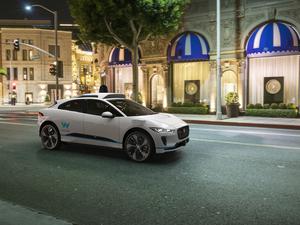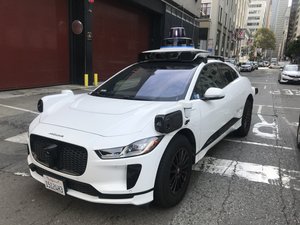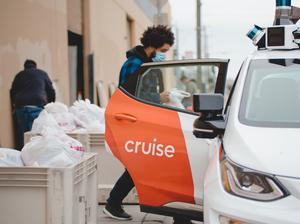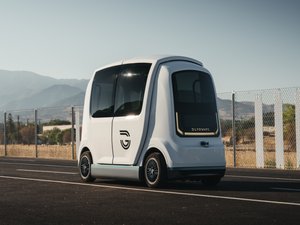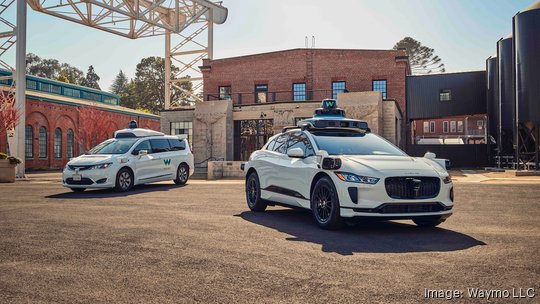
Alphabet Inc.-backed autonomous vehicle company Waymo LLC has issued a recall of its software across its entire fleet of robotaxis.
The move comes after two of its vehicles crashed into the same pickup truck in Phoenix, Arizona, this past December. It’s the first recall the company has issued since its founding close to 15 years ago.
Waymo’s Chief Safety Officer Mauricio Peña said the crashes, which occurred on Dec. 11, were “minor” and has not interrupted its ride-share services — offered in Phoenix, San Francisco, Los Angeles and Austin, Texas.
Peña said the recall was made after consulting with the National Highway Traffic Safety Administration (NHTSA).
"This voluntary recall reflects how seriously we take our responsibility to safely deploy our technology and to transparently communicate with the public," Peña said in a blog post. "There are hundreds of recall reports submitted annually to NHTSA and we respect the importance of this road safety framework and our relevant legal obligations."
Since its filing with the NHTSA, the company said it has updated its entire fleet with software that’s been developed, tested and validated. All robotaxis in the Mountain View company’s fleet were updated by Jan. 12, according to Peña.
The Tuesday announcement comes a few weeks after the company filed a request with the California Public Utilities Commission (CPUC) to expand its paid autonomous driving vehicle services to 22 Bay Area cities — including San Mateo, Palo Alto, Mountain View and Sunnyvale — along with parts of Los Angeles County.
According to data from the NHTSA beginning in 2021, Waymo reported 215 collisions involving its vehicles, ranking it the highest on the administration’s chart. Other Bay Area companies like Cruise and Fremont-based Pony.ai Inc., reported far fewer crashes.
But in an internal report, Waymo claims its autonomous vehicles have a 6.8 times lower crash rate resulting in injury compared to that of human drivers. The company said it has now implemented newer safety features — like audio messaging on external speakers to communicate with other drivers on the vehicle's intent — to “further enhance public safety.”
However, Waymo has come under increase public pressure as government agencies, cities and activist groups are scrutinizing the potential of the company’s AV fleets.
For example, members of County of Santa Mateo in a letter to the CPUC said the company has had a “lack of meaningful, substantive engagement” with the body to discuss potential expansion in the area.
And last week, the Department of Motor Vehicles began investigating an incident where one of Waymo’s cars collided with a cyclist.
"At Waymo, we are committed to improving road safety," read Peña's blog post. "Our latest research — part of a comprehensive body of work including more than twenty safety papers — found that the Waymo Driver’s performance led to a significant reduction in the rates of police-reported and injury-causing crashes compared to human drivers in the cities where we operate. As we serve more riders in more cities, we will continue our safety first approach, working to earn trust and foster transparent communication with our riders, community members, regulators, and policymakers."
